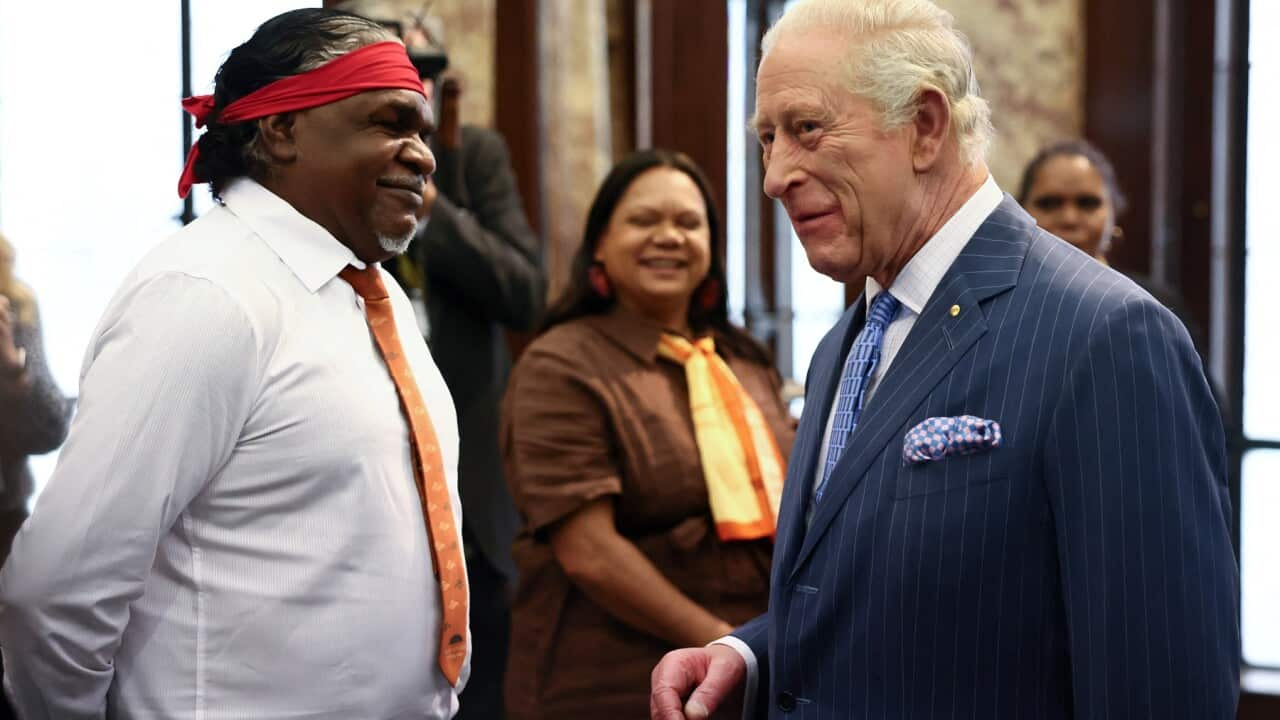Japan's decision to resume commercial whaling has provoked international outrage.
But the Japanese government says after 30 years of trying to reform the International Whaling Commission and overturn its international moratorium from within, it's now time to leave.
Japanese Chief Cabinet Secretary Yoshihide Suga [[yoh-shee-hee-deh SOO-gah]] says Japan will not budge on the issue.
SUGA
"At the IWC meeting in September, it became obvious that it is not possible for states with different views to exist side-by-side, which led to our decision to leave."
Mr Suga says the country’s fleet will resume commercial operations in July 2019, but he assured commercial whaling will be restricted to its own territorial waters and exclusive economic zones.
This means its controversial annual expeditions to the Southern Ocean – a major source of diplomatic friction between Japan and Australia – would end.
But there are still concerns about the precedent that may set.
Mark Simmonds, from Humane Society International, represents just one of the animal rights groups livid at the decision.
SIMMONDS
"It's not just about what Japan does, it's about whether other countries will follow suit, whether other countries will also step outside the Whaling Commission. If Japan gets away with this, other countries may want to do the same thing."
Commercial whaling was banned in 1986, when some species were on the verge of extinction.
Pro-whaling nations like Japan, Norway and Iceland expected the ban to only be temporary but over time, it became generally accepted that it would be permanent.
Japan instead continued to hunt whales for what it called "scientific" purposes.
It was a move that garnered international criticism, followed by an International Court of Justice case brought by Australia, and was eventually ruled illegal.
But even after the ruling, Japan continued its expeditions to the Southern Ocean and Antarctica leading to conflicts with conservation groups.
Greenpeace member Simon Black is concerned Japan's decision will herald a new era of what he calls unregulated "pirate whaling", and is calling for an international campaign to help persuade Japan to change course.
BLACK
"So in December of 2007, they were planning on harpooning 50 humpback whales. The international outcry and particularly pressure from countries like Australia made the whaling bodies back down. We think that can happen again, we just need a strong and coordinated international response."
The whale meat industry has cultural significance in Japan, but demand for it has actually plummeted.
One Tokyo local says Japanese people care very little for the meat.
VOX VO
"People around my age remember the old times when we would eat whale meat. There are shops that sell it, and I sometimes buy some, but it's not like people are queueing up for it."
According to government data, there are fewer than 1,000 people employed in the industry.
Whale now accounts for only 0.1 per cent of all Japanese meat consumption.



